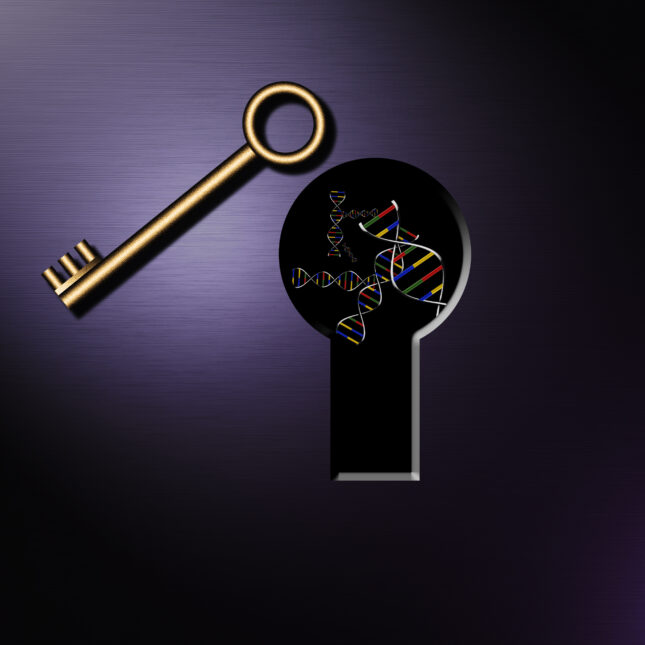By Andrew Joseph July 16, 2023
When the genome-editing tool CRISPR is thought of as a potential medicine, the targets that first come to mind are diseases like sickle cell or other conditions caused by particular mutations. Use CRISPR to fix that mutation, the idea goes, and you can treat the disease.
But a pair of abstracts being presented Sunday at a medical conference highlight how, just a decade after CRISPR’s debut, researchers are deploying the tool at diseases with more complicated roots that go beyond genetics. In this case, Alzheimer’s.
TO READ THE FULL VERSION]
The research unveiled at the Alzheimer’s Association International Conference in Amsterdam is in its infancy, with results reported just from mice and lab-made mini-brains called organoids. But the projects, which rely on different strategies, underscore how scientists are trying to broaden their attacks on Alzheimer’s, a disease that has remained stubbornly difficult to crack.
“CRISPR is just another possible technology,” Maria Carrillo, the chief science officer of the Alzheimer’s Association, told STAT. “There’s always going to be a need for a variety of approaches.”
Carrillo pointed to a recent paper describing a Phase 1 trial of a different kind of genetic tool called an antisense oligonucleotide, or ASO, in Alzheimer’s as an example of how researchers are leveraging emerging technologies. Other teams have also been exploring using CRISPR to treat Alzheimer’s and neurodegenerative conditions.




